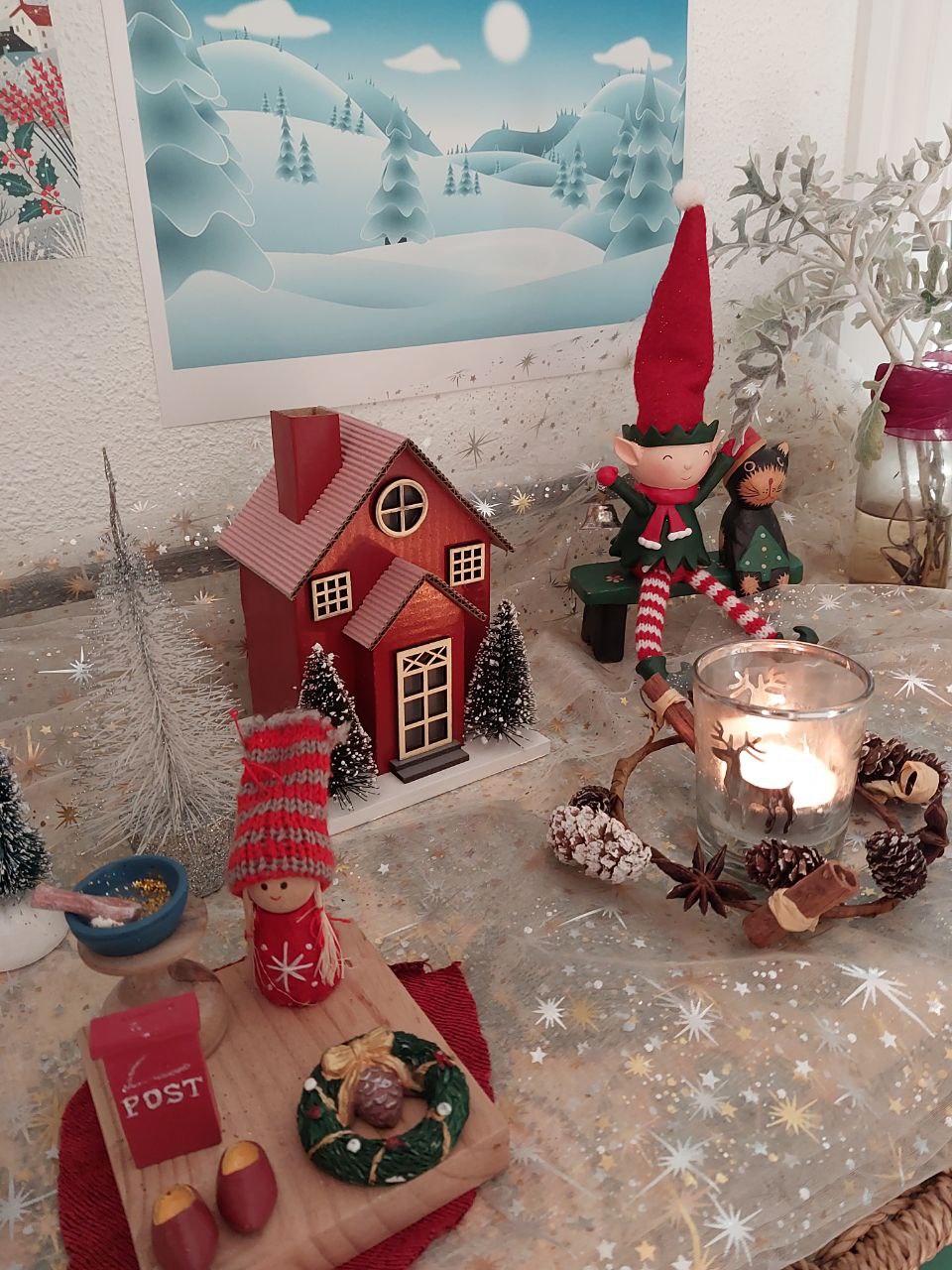 I always find it amusing when I have to pronounce loan words from Spanish the English way. For example chorizo /tʃɔːˈriːzəʊ/. Let’s have a look at some English words of foreign origin.
I always find it amusing when I have to pronounce loan words from Spanish the English way. For example chorizo /tʃɔːˈriːzəʊ/. Let’s have a look at some English words of foreign origin.
Continue reading “Pronunciation of 18 English words with foreign origin”
 What’s wrong with the punctuation in this sentence?
What’s wrong with the punctuation in this sentence?  If your answer is no, you got it right. Here are the transcriptions of these two words.
If your answer is no, you got it right. Here are the transcriptions of these two words.  Here is a bunch of ideas to help you keep learning English during the holiday.
Here is a bunch of ideas to help you keep learning English during the holiday. 

 Learn
Learn 

 Do you find the use of these suffixes confusing?
Do you find the use of these suffixes confusing?